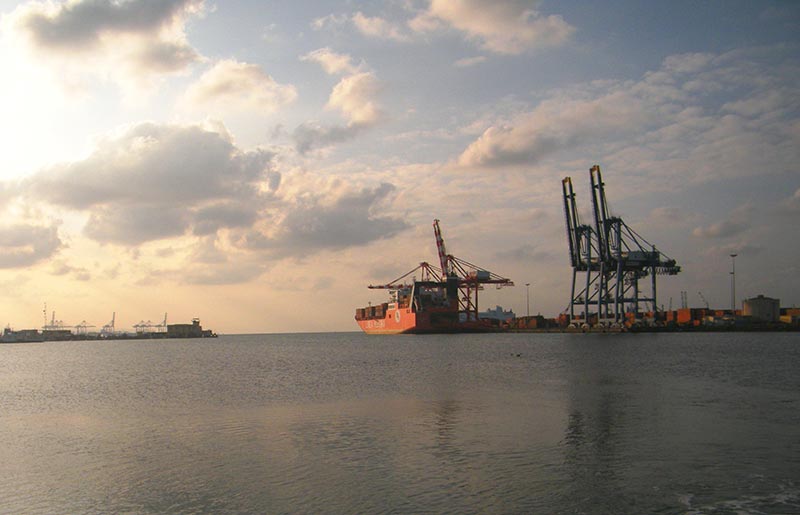
Must we find an agency company for exporting bowls and dishes?
According to the latest statistics of the General Administration of Customs in 2025,73% of small and medium - sized tableware export enterprises choose professional agency services.. Whether an agency is needed mainly depends on:
- Does the enterprise have the ability to declare customs independently (it needs to hold the AEO certification of the customs)?
- The complexity of customs clearance in the target market (for example, the EU requires EN1388 food contact certification).
- Special requirements for products (for bone china, an additional material inspection report is required)
It is recommended that small and medium - sized enterprises with a monthly shipment volume of less than 5 containers give priority to agency services, which can reduce the comprehensive operating cost by 30% - 45%.
How to distinguish high - quality productsExport agentThe company?
Referring to the Ningbo ceramic export dispute cases in 2023, a high - quality agent should have:
- High traceability requirements: Requires establishment of a complete quality traceability system
- AEO advanced certification of the customs (the certificate number can be verified on the official website)
- Qualification for international freight forwarding (being a FIATA member is preferred)
- Industry Experience
- Operated at least 200 batches of ceramic product exports.
- Be familiar with the special requirements of major ports (such as the packaging specifications of Rotterdam Port)
- Service networks
- Have customs clearance agent cooperation resources in the destination country
- Have the ability to handle crises (Case of responding to the Red Sea Crisis in 2024).
What is the specific process of exporting bowls and dishes through an agency?
The standard process is divided into 6 stages:
- Sign a tripartite agreement(Exporter, agent, foreign consignee)
- Document preparation stage
- Commercial invoice (HS CODE: 69111000 must be indicated).
- Material certificate (with key control over the lead and cadmium dissolution amount)
- Pre - declaration stage(At least 72 hours in advance)
- Logistics arrangement(Pay attention to insuring against breakage transportation insurance)
- Customs clearance at destination port(The agent needs to provide DDP service)
- Settlement stage(Processing of foreign exchange verification form)
What are the major changes in the export policies in 2025?
Special attention should be paid to the latest policy trends:
- New EU regulations: The Food Contact Materials Regulation (EU) 2023/58 newly adds the migration limit of cobalt element.
- US tariffs: The 301 tariff on ceramic products still remains at 17.5%.
- RCEP preferences: For exports to ASEAN countries, the rule of origin accumulation can be applied for
- Green tariffs: The UK levies an additional 6.8% environmental tax on non - degradable packaging.
What items are usually included in agency fees?
The standard quotation should include:
- Basic service fee (about 1.2% - 2.5% of the cargo value).
- Document processing fees (CIQ certificate, certificate of origin, etc.)
- Port operation fees (THC, seal fee, etc.)
- Emergency reserve funds (usually 5% of the cargo value)
Beware of hidden charges: The industry survey in 2024 shows that28% of enterprises have encountered unreported surcharges at the port of destination., and the 'ALL IN' price terms must be clearly stated in the contract.
How to avoid common trade risks?
The following prevention and control measures are recommended:
- Quality Risk
- Require the agent to provide an inspection report (including drop test data)
- Purchase product liability insurance (the minimum insured amount is recommended to be $5 million).
- Risk of Payment
- When using LC for payment, the latest version of UCP600 should be agreed upon.
- Require the agent to provide a credit investigation report
- Risk of compliance
- Regularly update the ECCN export control classification
- Establish a dynamic management mechanism for HTS CODE


 Follow Customer Service WeChat
Follow Customer Service WeChat